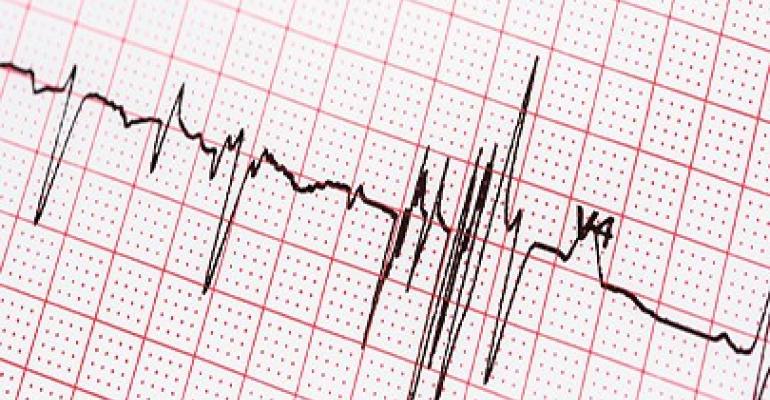What's the trigger?
Blockage of coronary arteries and irritation of the heart due to a number of infections may trigger irregular heartbeats, especially in older people with a history of heart disease.
Disease, injury, or genetics may be other factors that affect heart tissue or alter electrical signals that control your heart beat.
Often there are not many other symptoms other than feeling dizzy or have difficulty breathing that accompanies arrhythmia.
Psychological impact
This condition can affect a patient on a psychological level as it makes them extremely self-aware, which can hamper some activities and make them think twice before engaging in exercise and sports. There it is important to ensure timely medical intervention to continue leading full and healthy lives.
When sitting still, your heart beats (expands and contracts) 60 to 80 times each minute. With irregular heartbeats, you may feel like a racing heart or a fluttering sensation, however the severity of cardiac arrhythmias can vary tremendously. Premature (extra) beats are the most common type of arrhythmia while supraventricular tachycardias are fast heart rates.
Symptoms to watch out for
The heart’s normal electrical system, which regulates your heart rate and heart rhythm can also be affected by diabetes, excessive coffee consumption, hypertension (high blood pressure), hyperthyroidism (an overactive thyroid gland), mental stress, smoking and certain medications. Arrhythmia can produce symptoms that can be quite disruptive to your life. With each incident, arrhythmia causes even more serious symptoms to develop such as fatigue or weakness, shortness of breath and anxiety, chest pain or pressure and in extreme cases, collapse and sudden cardiac arrest.
Malignant arrhythmia is highly lethal and can cause death, especially when blood flow to the brain is reduced and a person can become unconscious. Using tests such as electrocardiogram (ECG) or a Holter monitor for 24 hours along with stress tests, tilt tests and electrophysiology studies, a doctor will be able to learn a lot more about the heart’s condition.
References available on request.

